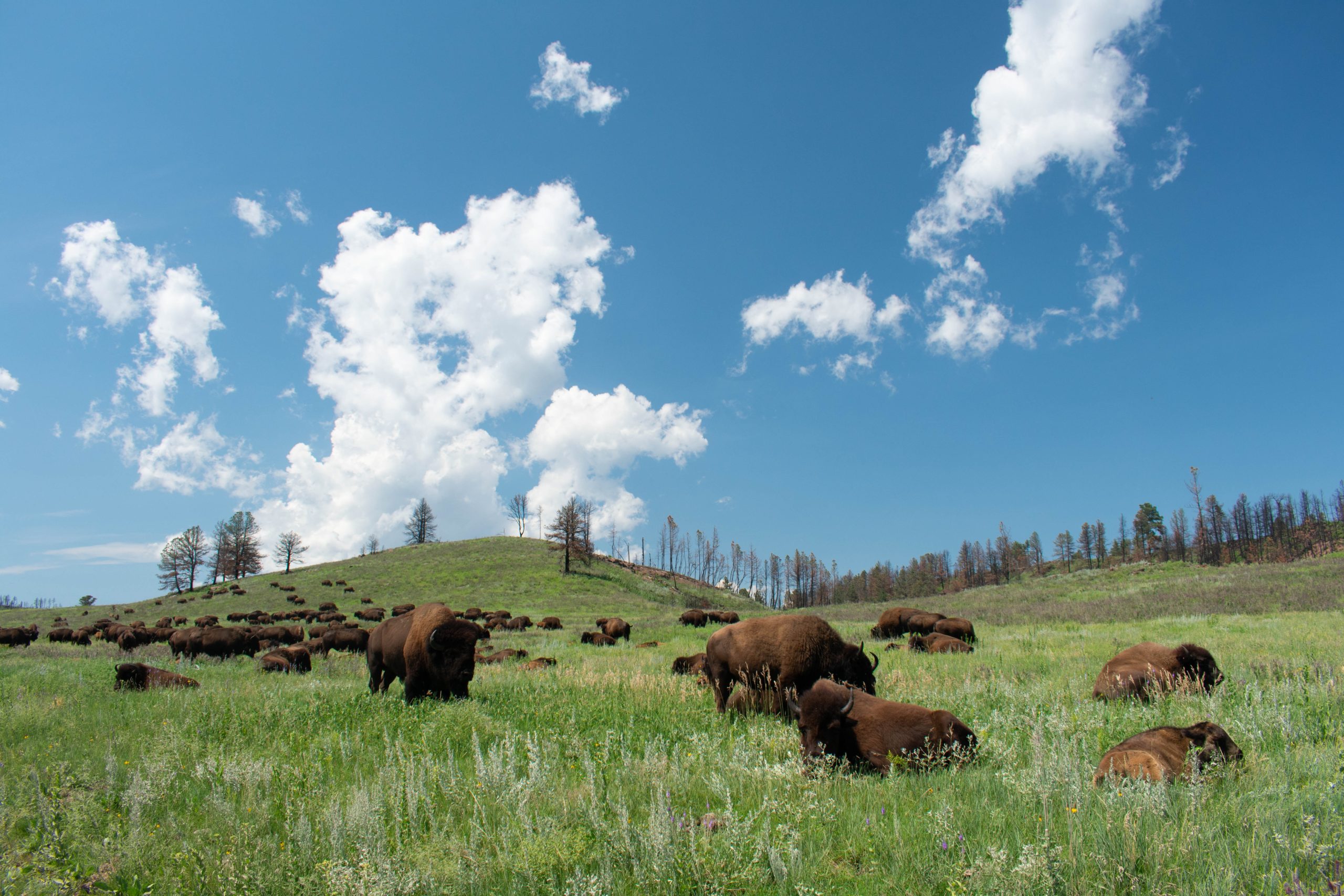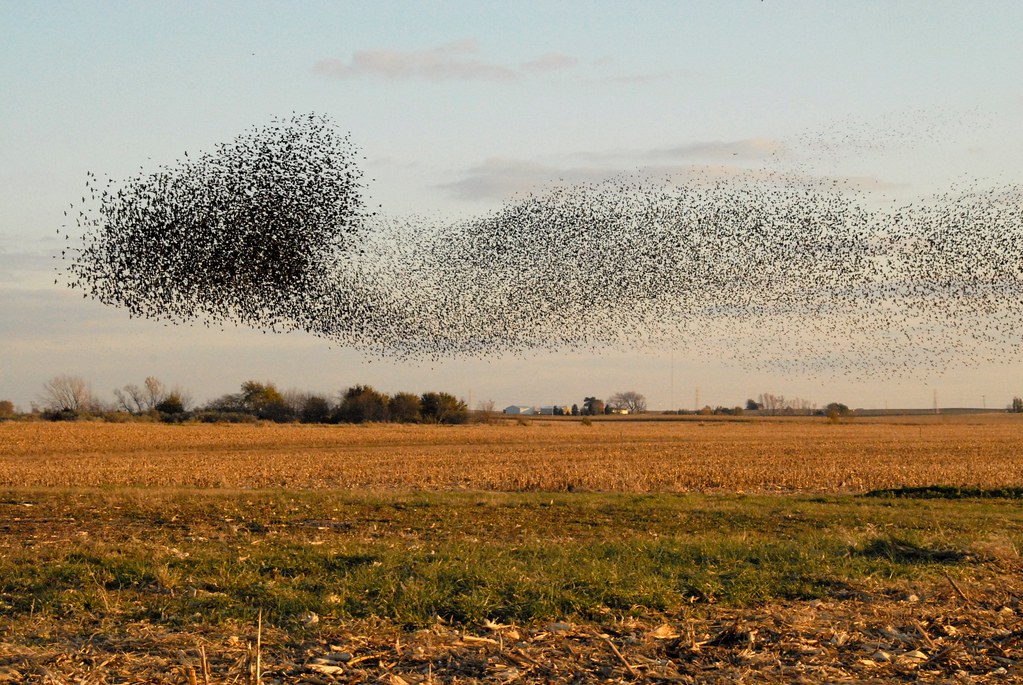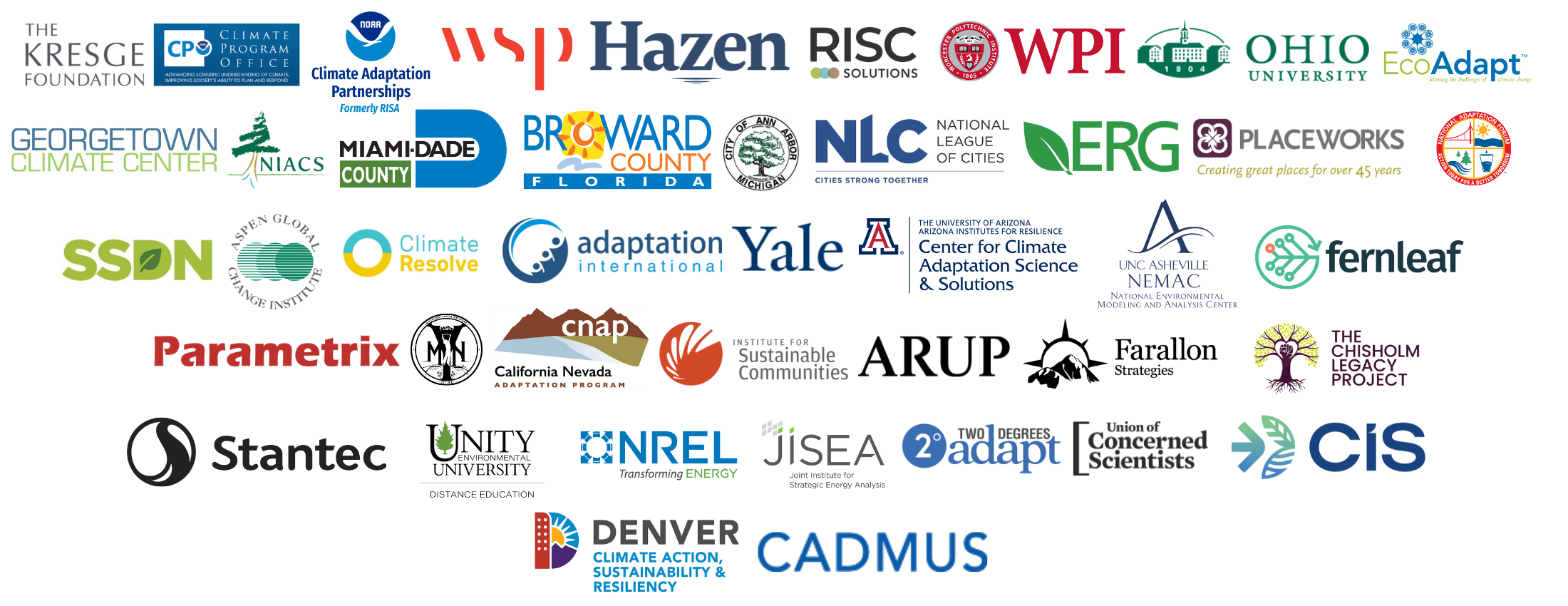History
Our History
American Society of Adaptation Professionals (ASAP) began in 2011 with the vision of building a home for people working on climate change adaptation where they could connect with each other, share information, and build on successes while moving away from approaches that aren't working. ASAP was formed as a professional society that could help bridge the geographic and sectoral gaps that naturally develop in any field-and especially in the diverse, dynamic, and emerging field of climate adaptation. No longer would individuals be isolated working on their own to make a difference. No longer would the sectors be so fragmented in their approaches to building resilience. No longer would communities, regions, or states need to start from scratch to build and prioritize their strategies to increase climate resilience.
Our Values & Beliefs
ASAP has adopted the following member created Code of Conduct and Professional Ethics (Code of Ethics) to enhance the benefits of the climate adaptation and related professional fields to humanity and the living systems upon which we all depend, to uphold the dignity and honor of the adaptation profession, and to provide guidance for individual members, organizational members, or for members in association with other professions.
In 2020, the ASAP Justice, Equity, Diversity, and Inclusion (JEDI) Committee finalized the ASAP Justice, Equity, Diversity, and Inclusion Statement to guide the ASAP Network. The JEDI Committee provides education and support for ASAP members to integrate JEDI into their adaptation work. It also provides accountability and insight to ASAP as an organization as it seeks to model JEDI principles in its management and programs. Read the ASAP Justice, Equity, Diversity, and Inclusion Statement here.
In 2021, ASAP released a twenty-year vision for the organization and network with the support of the Strategic Planning Committee. Several subgroups of the Committee met over the course of 2020 and 2021 to develop ASAP's Strategic Plan for 2020-2040.
The following represent the foundational values and beliefs that the members of American Society of Adaptation Professionals hold:
We are proud of the work we have accomplished together as a network. This work is possible because of our network values:

Reciprocity
Reciprocity is central to networks. The adage “the more you give, the more you get” shines through ASAP programs and activities that depend on member engagement, including your feedback.
As we continue on this path together, we know that our network will be a space where we lift each other up, find ways to serve the field, and deeply connect across difference - no matter what the world throws at us.
Our People
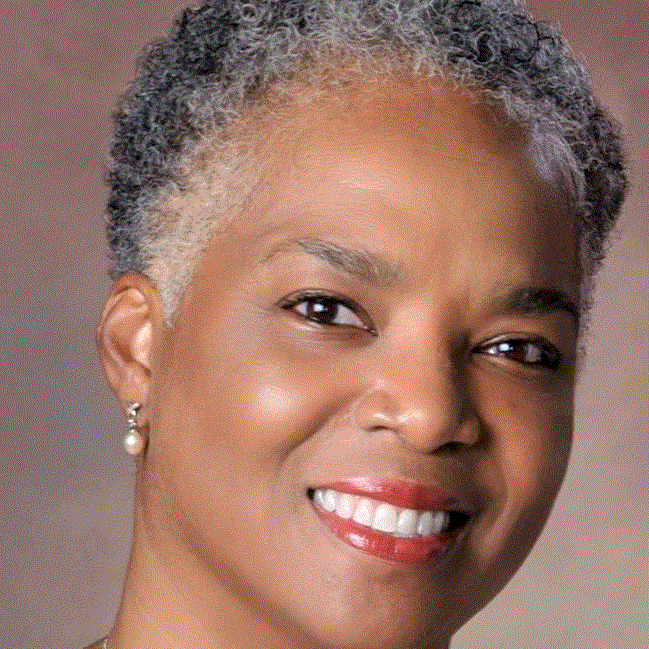
Debra Butler
Executive Director
Dr. Debra M. Butler has over 20 years of experience collaborating with communities in developing plans and resources for climate resilience and adaptation. Dr. Butler earned a bachelor’s degree in Anthropology from the University of Miami, masters’ degrees in both Education (Harvard) and International Business (Brandeis), and a Ph.D. in Environmental Studies from the University of Massachusetts-Boston. Her transdisciplinary research collaborations intersect human climatic displacement and migration, Native and Indigenous knowledge systems, and ecological-human-quantum assemblages. This research ranges from projects on eelgrass (Massport-Logan Airport), urban heat islands” (East Boston), mangrove (Cuba), river cane (Mississippi) and fish pond (Hawai’i) restorations through reparative and adaptive praxes. Debra is certified by the Institute for Tribal Professionals (ITEP) in Tribal Hazard Mitigation Training. She is an avid community volunteer, “Master” gardener, and chef. Email Debra at dbutler@adaptpros.org.

Jeff Fournier
Finance and Operations Director
Jeff is a social profit innovator with two decades of experience leading finance and operations at the local, national, and international scale. He's a systems thinker working to identify and leverage operational efficiencies to align revenue generation with sustainable mission impact and growth. He holds an M.B.A. from Antioch New England University plus a B.A. in Outdoor Education & Leadership and an A.A. in Natural Resource Management from Sterling College in Craftsbury Vermont. Jeff is your go to for all billing and finance questions at ASAP. You can reach him at finance@adaptpros.org.

Kyla Bloyer
Communications Manager
Kyla leads the development, execution, and successful implementation of communication strategies that support the mission and organizational goals of ASAP. She works with the communications team and the ASAP staff team to share program opportunities and accomplishments, lift up member stories, build the ASAP brand, and strengthen the adaptation field by providing impactful and timely communications through proper channels. Kyla is passionate about our environment and utilizes her communications background to make an impact in our communities and adaptation practices. Kyla holds a B.A. in Communications Media and a Master's in Climate Change and Society from North Carolina State University. Email Kyla at kbloyer@adaptpros.org.
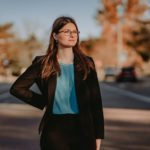
Meagan Putnam
Membership Coordinator
Meagan is a recent graduate of Eastern Michigan University, where she earned her Bachelor of Arts degree in Political Science with History and Business. As ASAP's Membership Coordinator, she coordinates membership recruitment, renewal, and retention for both individual and organizational members. As well as supports the implementation of ASAP's virtual events, communications, and marketing. Email Meagan at mputnam@adaptpros.org.

Maria (Mia) Dozier
Training Specialist
Maria Dozier is a dedicated life-long learner and climate adaptation/justice advocate who uses education and coalition building as a vehicle for social change. Her work at ASAP centers around creating, improving, and delivering ASAP trainings to a variety of audiences including private and public sector partners and ASAP members. Internally, Maria also supports the programs department by designing curriculums and pedagogy for a swath of ASAP projects. Maria holds a B.S. from the University of Florida in Sustainability and the Built Environment in addition to an M.S. from the University of Michigan in Environment and Sustainability with concentrations in Environmental Justice as well as Environmental Policy and Planning. You can contact her at mdozier@adaptpros.org.
The ASAP Board of Directors provides both strategic leadership and management support to achieve ASAP’s mission, vision, and objectives. Board Members bring their enthusiasm and expertise to propel the organization toward a stable and impactful future.
Learn more about ASAP and the Board of Directors’ roles and responsibilities.
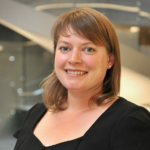
Amy Leitch
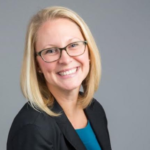
Emily Wasley

Julia Kim, Secretary

Maya Buchanan, President

Nuin-Tara Key

Shameika Hanson

Susy Torriente, Treasurer
Past Board Members:
- Eric Mielbrecht, EcoAdapt
- James Murley, Miami-Dade County
- Jacqueline Patterson, Chisholm Legacy Project
- Jennifer Jurado, Broward County Government
- Jessica Grannis, National Audubon Society
- John R. Nordgren, Climate Resilience Fund
- Josh Foster, Maryland Department of Transportation
- Joyce Coffee, Climate Resilience Consulting
- Missy Stults, City of Ann Arbor
- Steve Adams, Institute for Sustainable Communities
- Susanne Moser, Susanne Moser Consulting
Organizational Members
Organizational members are change-makers, they accelerate impact and they are leading the field of adaptation.
ASAP's organizational members gain climate adaptation credibility and visibility through advertising opportunities. Members also receive special event and conference discounts, communication promotion opportunities, and connection to the network. Membership provides professional opportunities for staff such as sector or issue-based interest groups and regional leadership.
Increase your impact with an organizational membership, explore member benefits here.
-
- Adaptation International
- ARUP
- Aspen Global Change Institute
- Broward County
- Cadmus Group
- California-Nevada Applications Program (CNAP)
- Center for Climate Adaptation Science and Solutions (CCASS)
- Chisholm Legacy Project
- City of Ann Arbor
- Climate Resolve
- Corvias Infrastructure Solutions, LLC
- Denver's Office of Climate Action, Sustainability and Resiliency
-
- Northern Institute of Applied Climate Science (NIACS)
- Ohio University
- Parametrix
- Place Works, Inc.
- Southeast Sustainability Directors Network (SSDN)
- Stantec
- Two Degrees Adapt
- Union of Concerned Scientist
- Unity Environmental University
- Worcester Polytechnic Institute
- WSP
- Yale School of the Environment Office of Career and Professional Development


